In the first 9 months of 2024, there were 25 cases of brain-dead people donating tissues and organs, contributing to an increase in the number of organs donated from brain-dead people (87/829 transplant patients, equivalent to 10.49%).
According to the report of the National Organ Transplant Coordination Center, the first case of brain death organ donation in our country was in May 2010 at Viet Duc Friendship Hospital. From 2010 to 2022, each year in our country there are 10-11 cases of brain death organ donation. In 2023 alone, there are 14 cases of brain death organ and tissue donation.
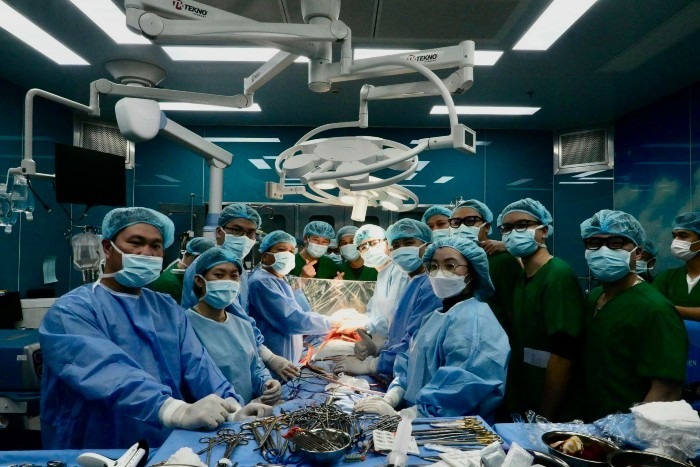 |
| As of September 2024, the country recorded 180 cases of brain death organ donation. |
However, in the first 9 months of 2024, there were 25 cases of brain-dead people donating organs and tissues, contributing to an increase in the number of organs donated from brain-dead people to 87/829 transplant patients (equivalent to 10.49%). This is considered a record number in Vietnam because previously, the rate of organs donated from brain-dead people only accounted for about 5 - 6%.
As of September 2024, after 32 years of implementing organ transplants and 14 years of taking organs from brain-dead donors, the country recorded 180 cases of brain-dead organ donation.
Director of the National Organ Transplant Coordination Center, Deputy Director of Viet Duc Friendship Hospital, Mr. Dong Van He said that organ transplantation is the only treatment method to save the patient's life in some cases. Currently, our country has successfully transplanted most organs like developed countries have done, including: kidney, liver, heart, lung, pancreas and intestine transplants.
In 2023, 1,000 people in Vietnam will receive organ transplants, making our country the country with the most organ transplant recipients in Southeast Asia.
However, the list of people waiting for organ transplants is still long. Every day, many patients die because there are no organs available for transplant. Meanwhile, the number of brain-dead people donating tissues and organs in Vietnam is still low compared to other countries in the world.
Therefore, according to Mr. Dong Van He, the mobilization of tissue and organ donation is the foundation for developing the source of tissue and organ donation from brain-dead donors. If people and families do not understand and do not support, it will be very difficult for brain-dead people to donate tissue and organs.
It is known that there are still many difficulties in organ donation and transplantation in Vietnam, such as conditions for organ donation after death; organ donation age, regime for organ donors and their families; financial mechanism for costs, payment for donation, transplantation and post-transplantation. In addition, the source of payment from health insurance for organ transplantation in Vietnam is still modest, accounting for only about 40% of total costs.
Faced with that reality, medical experts believe that in the near future, the Law on Donation, Collection, and Transplantation of Human Tissues and Organs and the Donation and Collection of Corpses needs to be amended to soon have a legal framework, creating conditions for implementing more and more organ transplants, saving the lives of more patients.
Currently, Vietnam is the only ASEAN country that performs over 1,000 organ transplants per year, of which organs from brain-dead donors account for 6% and organs from living donors account for 94%. The need for organ transplants is huge, however, very few people register to donate organs after brain death.
It is known that on average, Viet Duc Friendship Hospital can perform about 200-300 organ transplants each year. In addition, the hospital also has about 300 deaths due to traumatic brain injury each year, this is a very large number.
A brain-dead person can donate organs to save the lives of 8 others and a brain-dead person can help improve the lives of 75-100 others. In the future, Viet Duc Friendship Hospital will also implement new organ transplant techniques such as pancreas transplant, heart-lung transplant, heart valve transplant...
The need for organ transplants in the world and in Vietnam is huge and increasing. The world has a population of about 7.6 billion people, 59 million people die every year from all causes, the need for at least 1 million organ donors/year, in 2023 there will be 39,357 organ donors (reaching 3.9%) and 164,840 patients will receive organ transplants.
In Vietnam, the number of people registering to donate organs and the number of people donating organs after death are among the lowest in the world, reaching (0.1 people/1 million people), while in Spain it is 50 people/1 million people.
In many countries, in Europe and America, the law stipulates that when citizens register for an ID card, they also register to donate organs, except for some special reasons, in which case there is a request not to register.
In addition to the regulation on organ donation after brain death, the law also stipulates organ donation after cardiac death and the age of organ donation in many countries is over 60 years old, there are many cases of organ donation over 80 years old (Vietnam law stipulates under 60 years old). Therefore, the number of people donating organs after brain death in European and American countries is very high.
Why should we register to donate organs with responsibility and above all compassion for the community? Because it is a waste that every day, we still bury in the ground or burn to ashes the precious source of organs.
When donating organs and tissues, the donor's family can still hear the loving heartbeat, spreading the compassionate energy of the deceased relative on the body and reviving life of the transplant recipient.
The organ donor has done the most useful thing after leaving this world, which is saving the lives of others. Surely they will be satisfied and will be reborn in a happier realm in the cycle of life and death as conceived by Buddhism.
Many of us sitting here registered to be organ donors about 5-10 years ago. At that time, we could perceive the law of birth, aging, sickness and death, the law of conservation of material energy: Energy is not naturally created, nor is it naturally lost, but only changes from one form to another.
One day we will leave this world, our body will turn to dust but our mental energy can feel happy because our departure can hopefully save many other lives and we smile to continue our journey to explore another world.
On the other hand, when more people donate organs after death, increasing the source of organs to save lives, it also contributes to limiting illegal organ trafficking, causing physical and mental suffering to unfortunate lives - having to sell their precious organs to make a living.
Regarding financial efficiency, according to the President of the Vietnam Association for Organ and Tissue Donation, Nguyen Thi Kim Tien, in the case of a kidney transplant, the cost of a kidney transplant to prolong the patient's life with a better quality of life is only 1/4 of the cost of dialysis and treatment for the causes of kidney failure.
According to Ms. Nguyen Thi Kim Tien, to increase the source of organs from brain-dead donors, we have three synchronous solutions from the community, hospitals and institutions from the Government, ministries, departments and branches.
Firstly, for the community, it is necessary to promote extensive communication with inter-sectoral coordination of organizations of the Fatherland Front and agencies.
For the system of organ donation and transplant hospitals, it is necessary to establish branches to promote organ donation and units to consult on organ donation after brain death to obtain consent for organ donation from the patient's family.
Third, for the Government and the Ministry of Health, we hope that the Law on Donation, Collection, and Transplantation of Human Tissues and Organs and Corpse Donation will soon be amended to suit Vietnam's reality and international integration, especially with a financial mechanism to pay for consultation on donation, collection, transplantation, and coordination of organs from the health insurance fund and other legal financial sources to support many people to have the opportunity to be saved, especially those in difficult circumstances.
The government should also regulate the source of organs from donors as national assets as some countries have regulated. Organ donation and organ transplantation are civil rights, which need to be ensured to be fair, public and transparent.
Ms. Tien also requested the Ministry of Health to develop and submit to the Government a project to "strengthen Vietnam's capacity for consulting and coordinating organ donation, retrieval and transplantation" to make breakthroughs and develop organ transplantation techniques.
At the same time as increasing the source of organ donations to develop advanced techniques in organ transplantation, the Government and the Ministry of Health have been reducing the need for organ transplantation through programs of universal health coverage, disease prevention and early detection in the community. Thus, we have both developed advanced techniques and promoted community health.
Source: https://baodautu.vn/so-mo-tang-hien-tu-nguoi-chet-nao-co-xu-huong-tang-d227220.html



![[Photo] "Beauties" participate in the parade rehearsal at Bien Hoa airport](https://vstatic.vietnam.vn/vietnam/resource/IMAGE/2025/4/11/155502af3384431e918de0e2e585d13a)




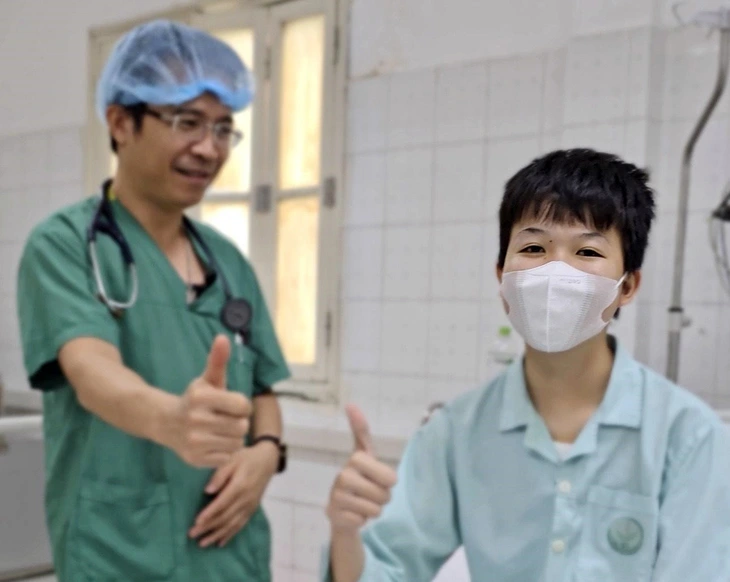



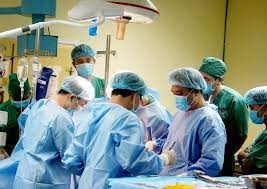

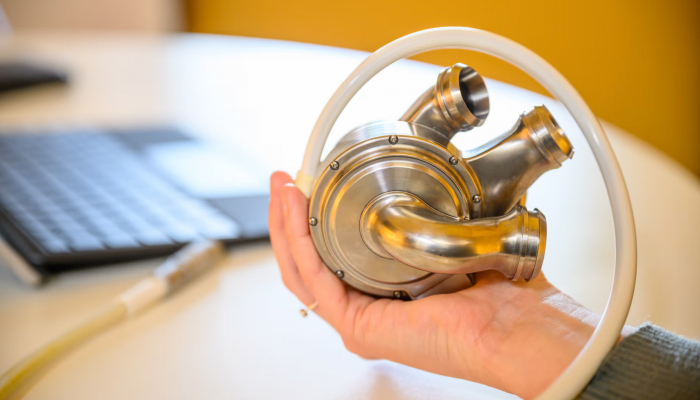

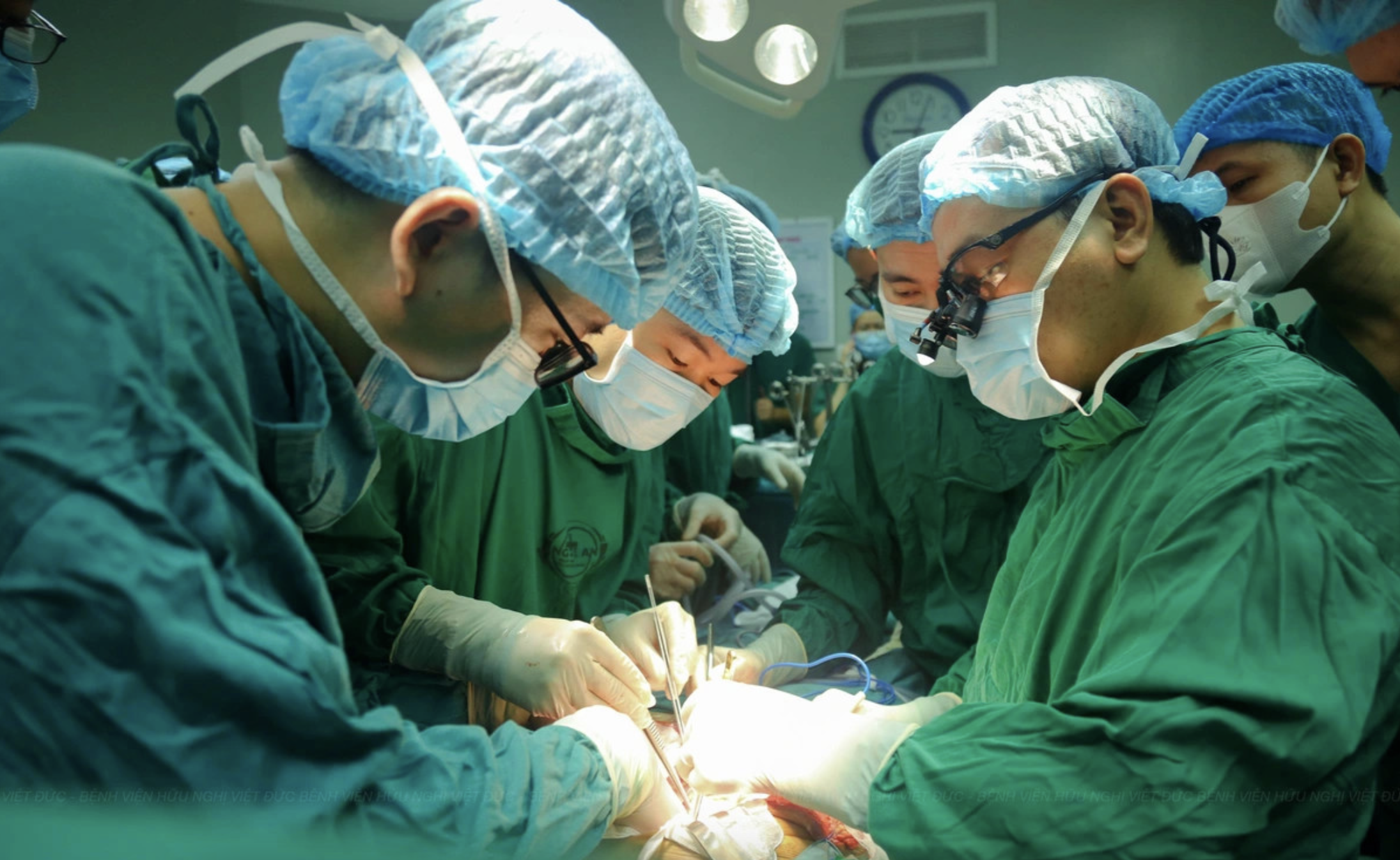



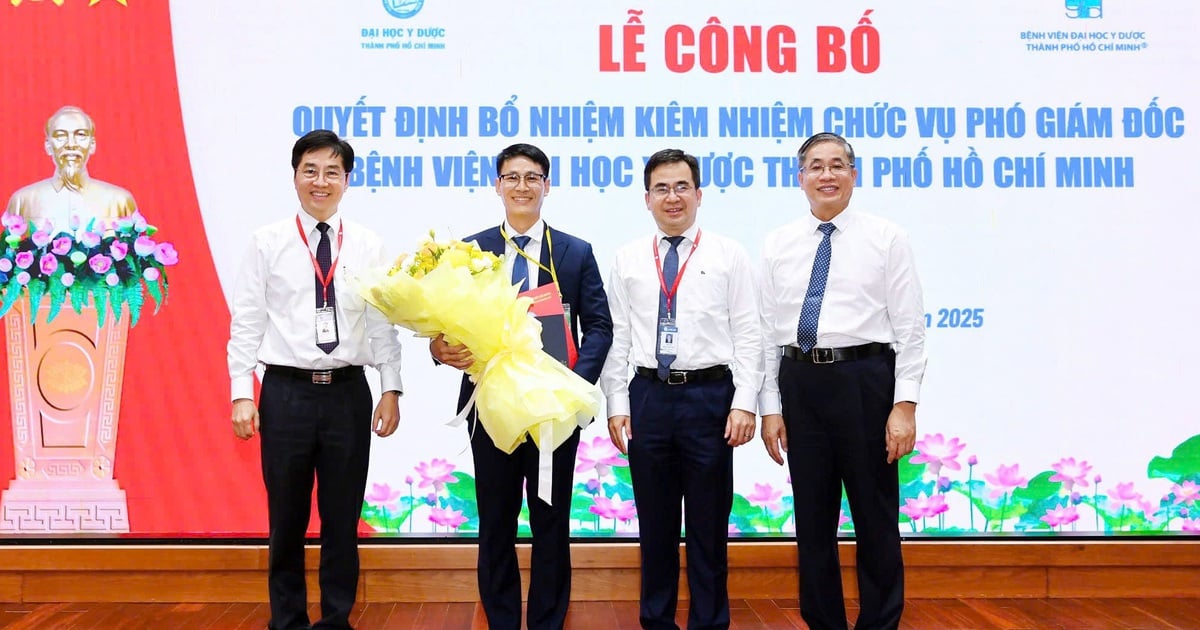
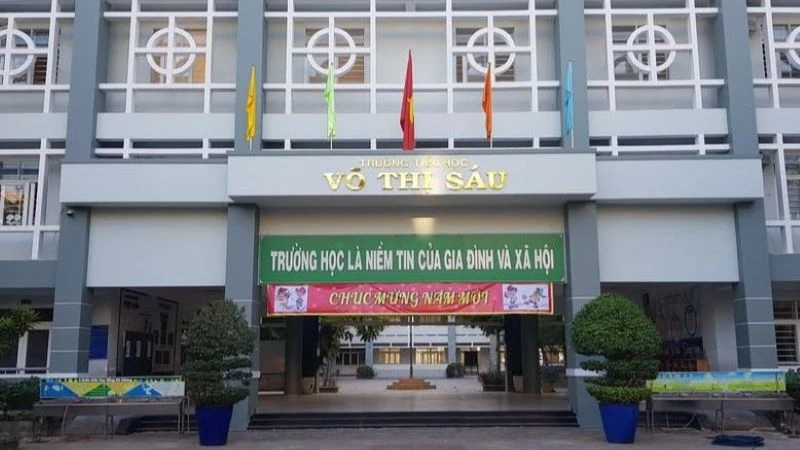
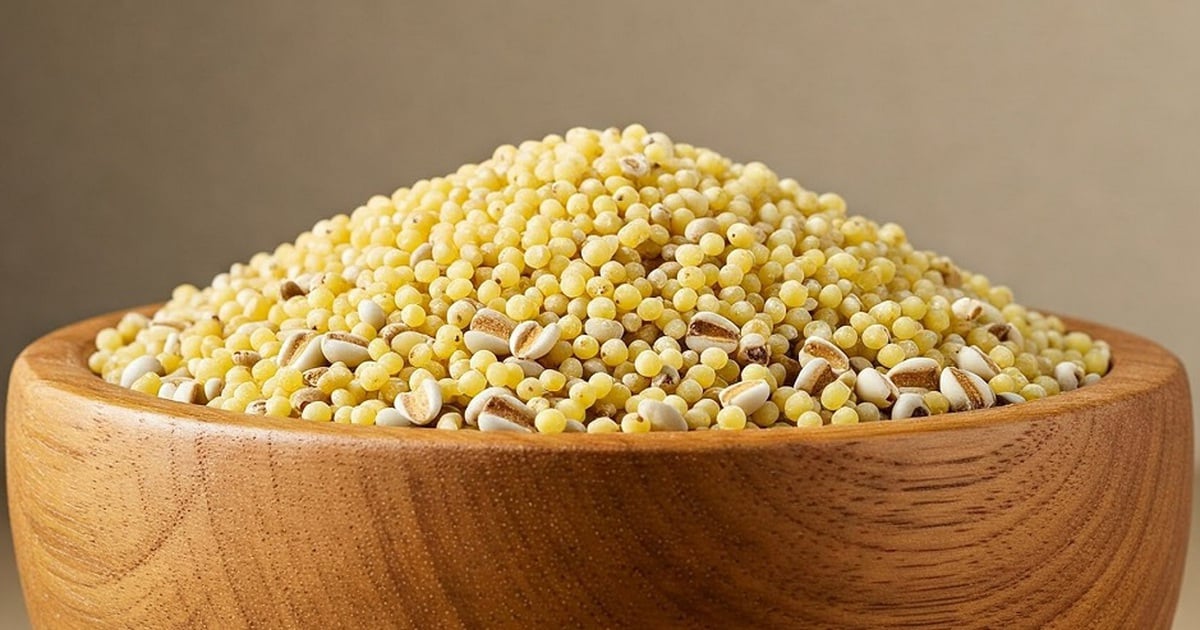

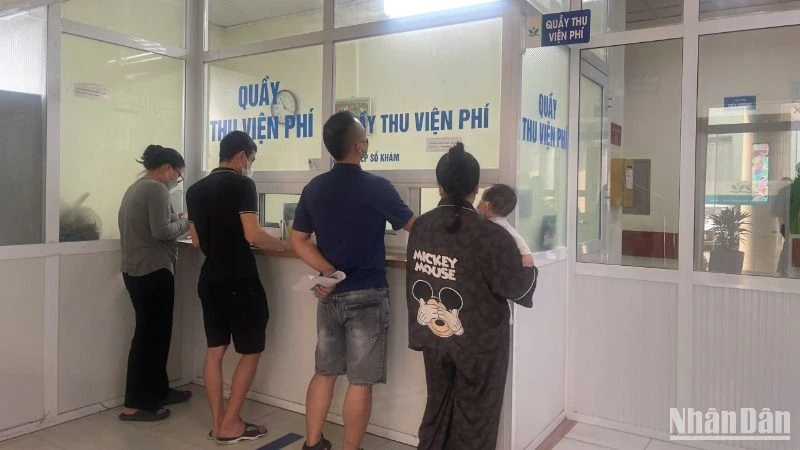
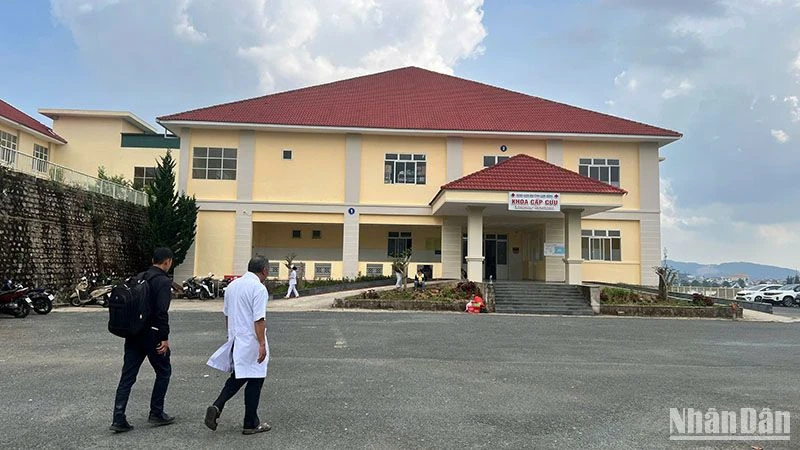


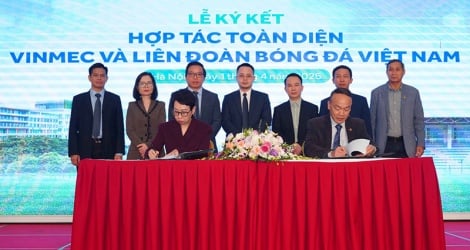


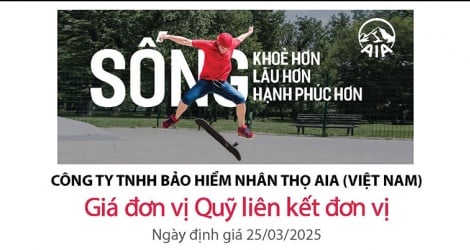
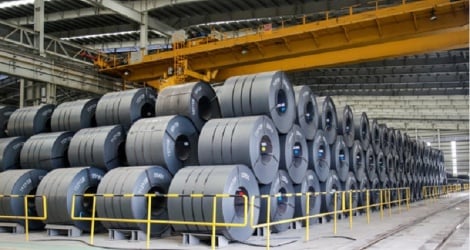


![[Photo] Summary of parade practice in preparation for the April 30th celebration](https://vstatic.vietnam.vn/vietnam/resource/IMAGE/2025/4/11/78cfee0f2cc045b387ff1a4362b5950f)
![[Photo] Looking back at the impressive moments of the Vietnamese rescue team in Myanmar](https://vstatic.vietnam.vn/vietnam/resource/IMAGE/2025/4/11/5623ca902a934e19b604c718265249d0)







































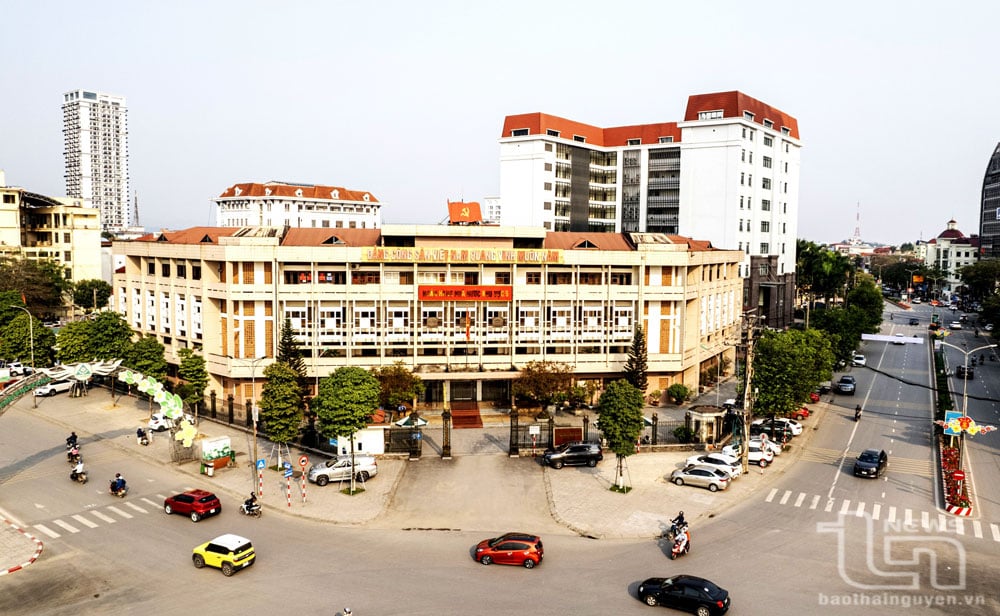



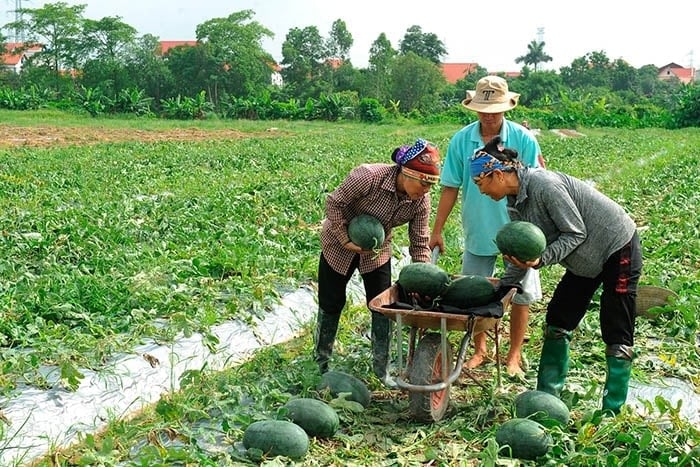

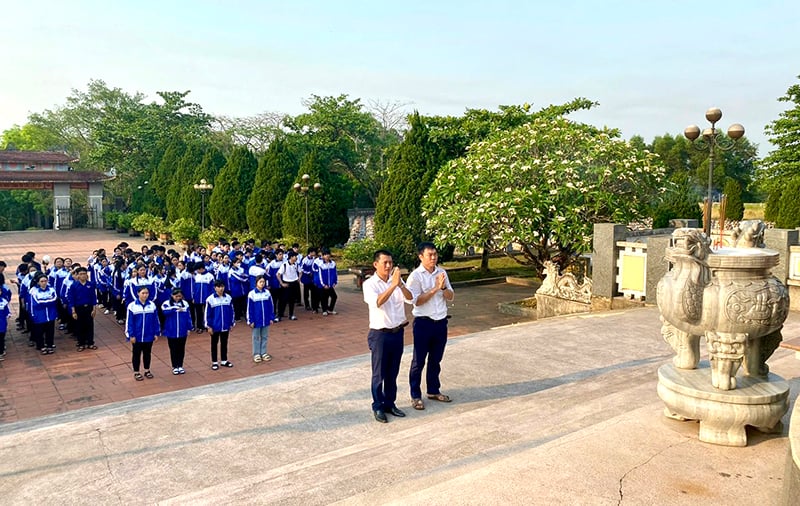
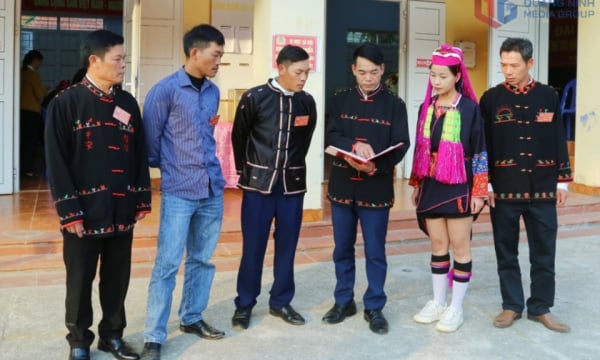

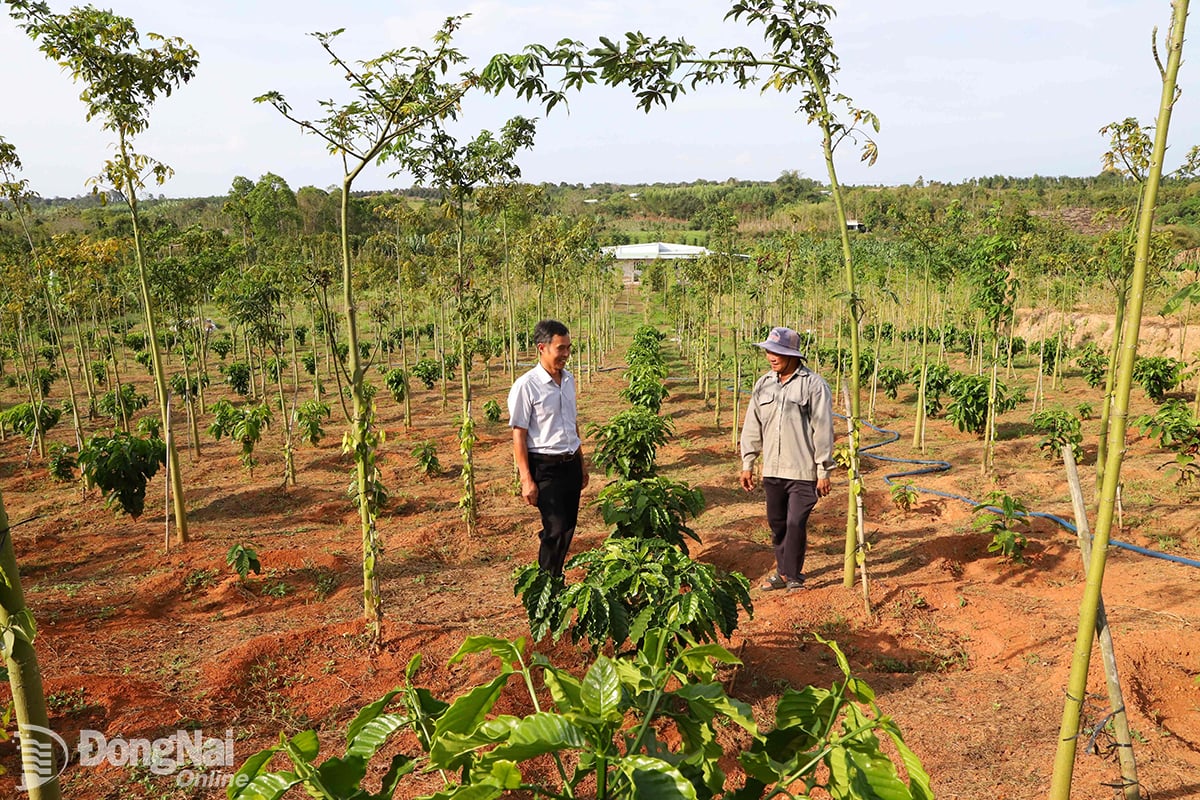












Comment (0)